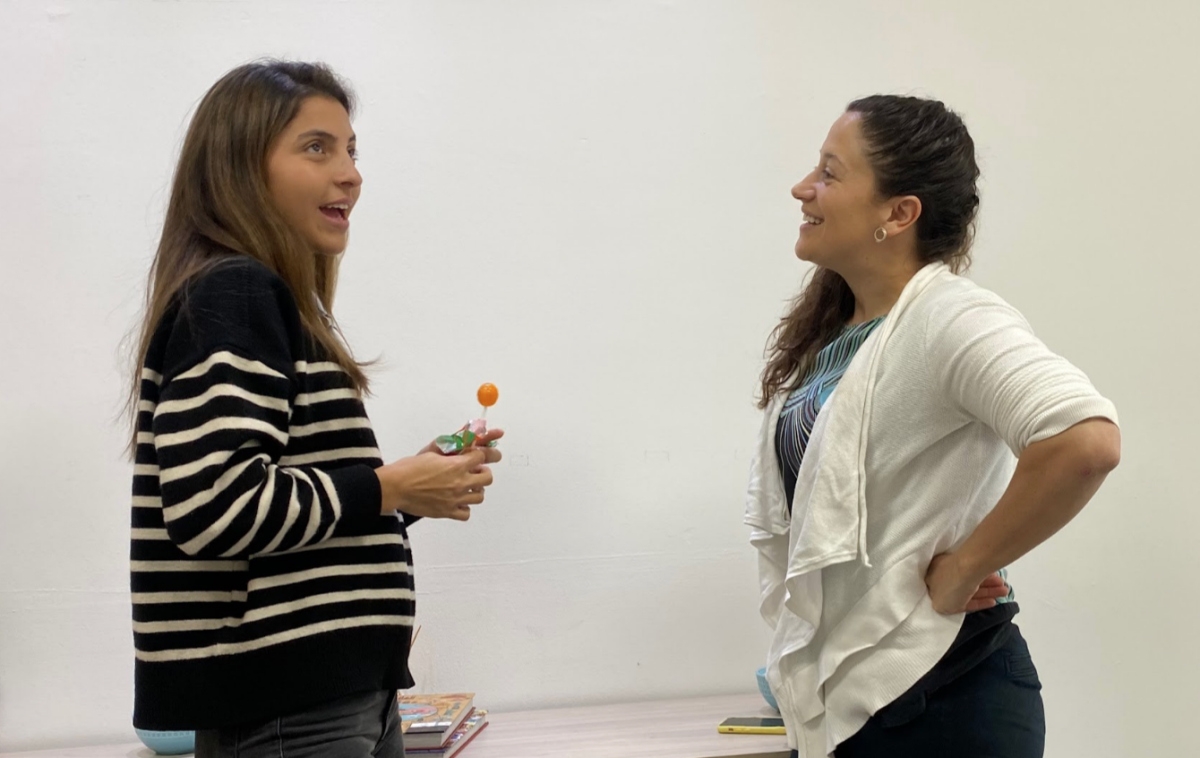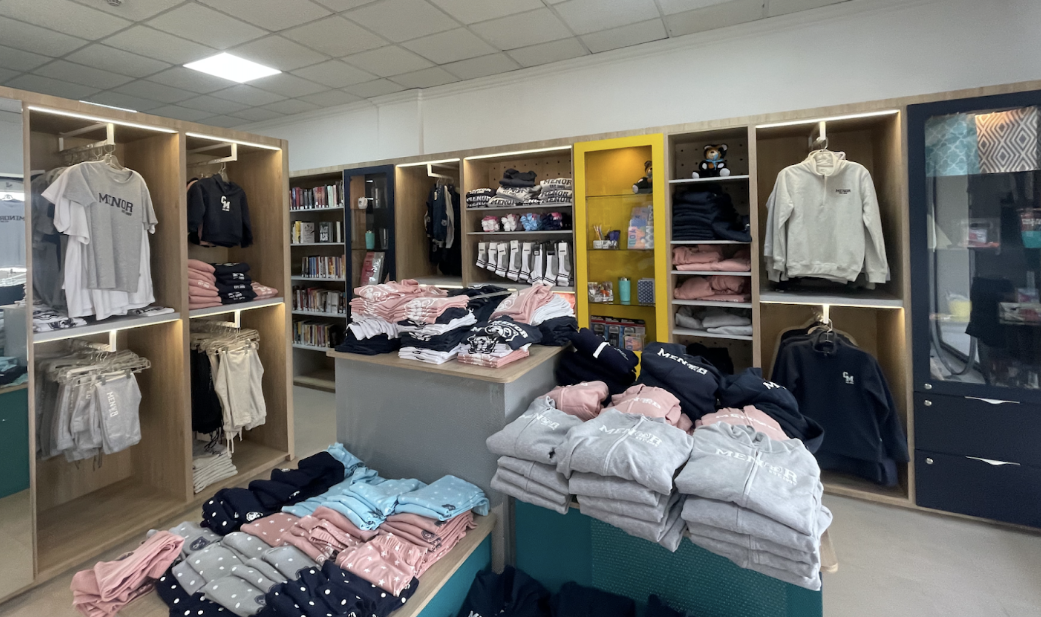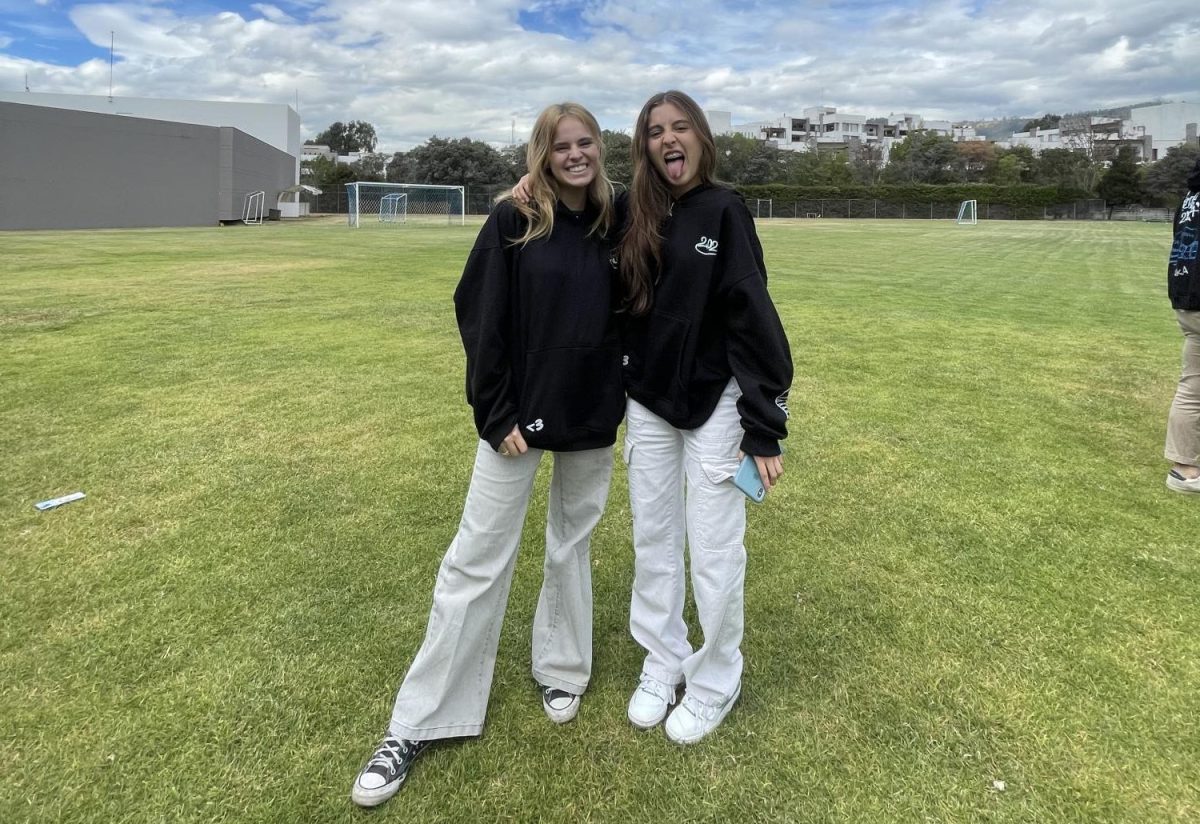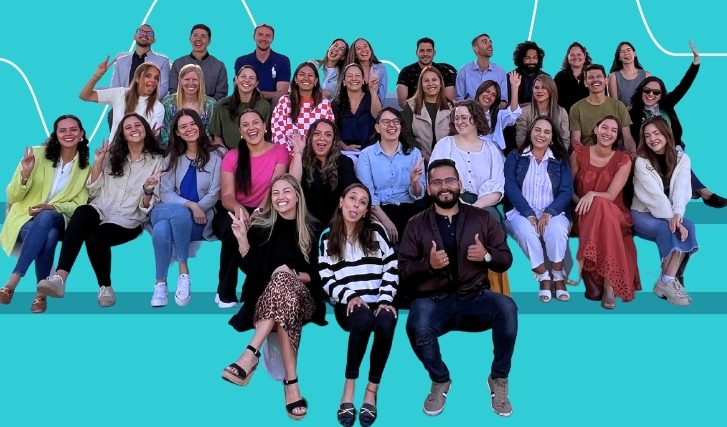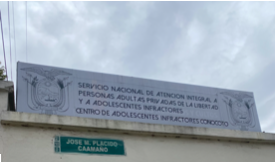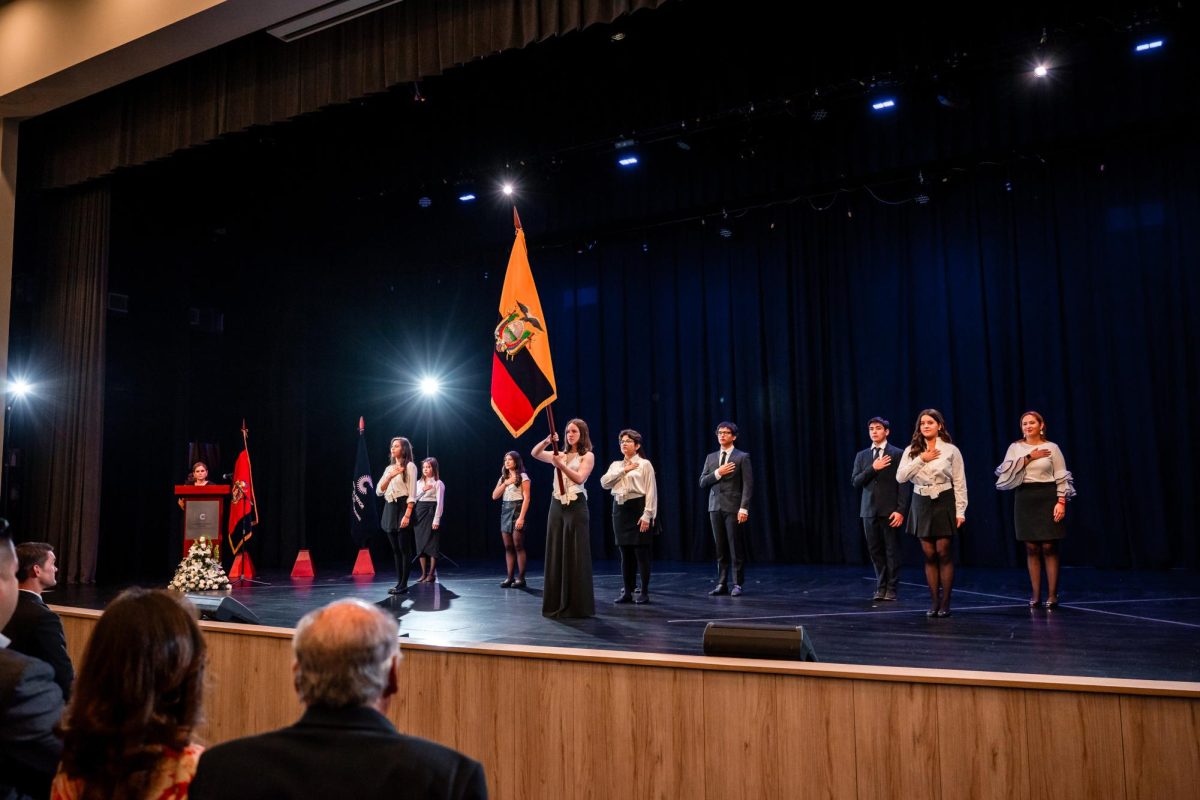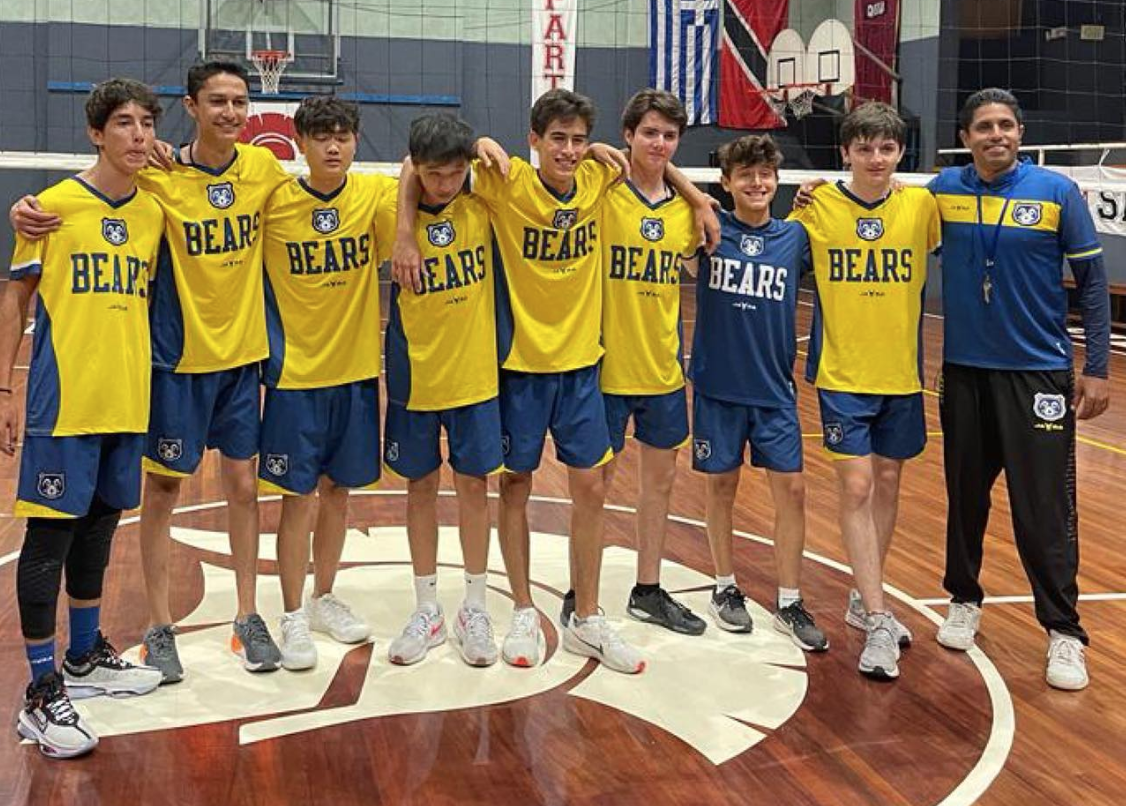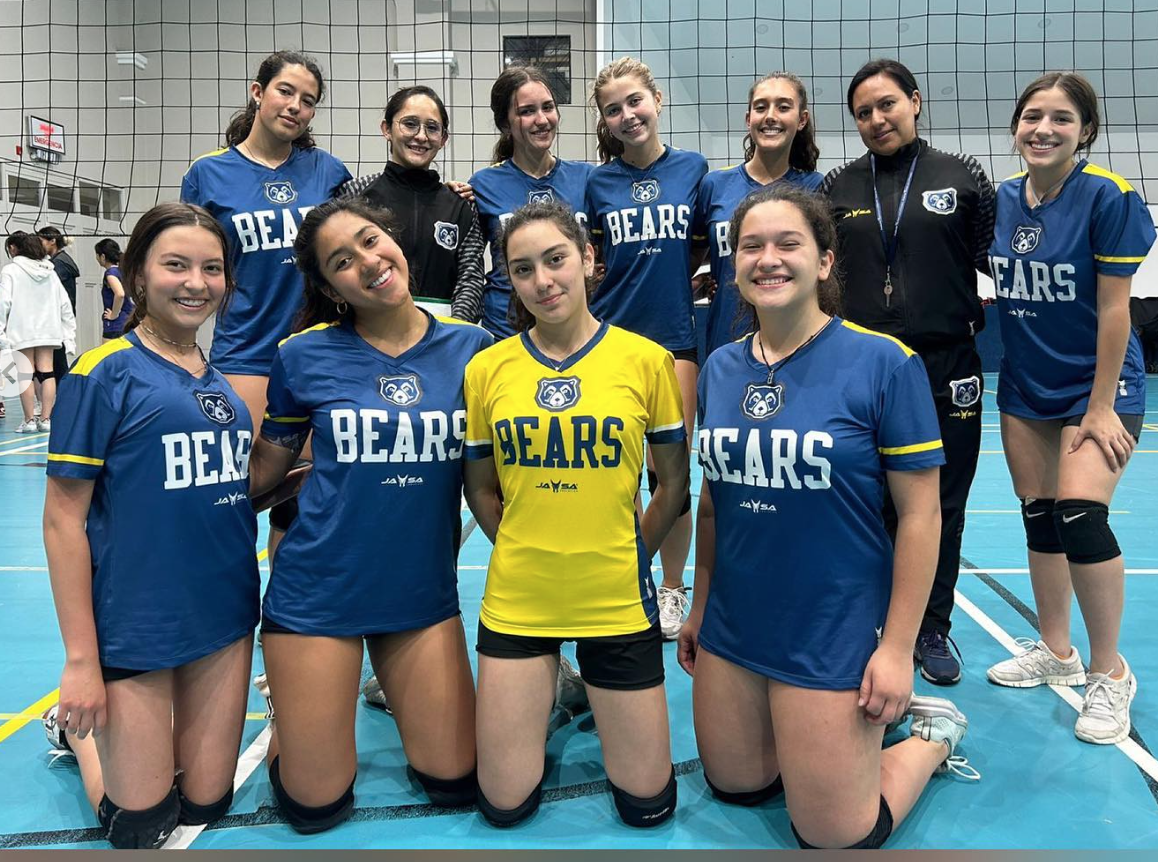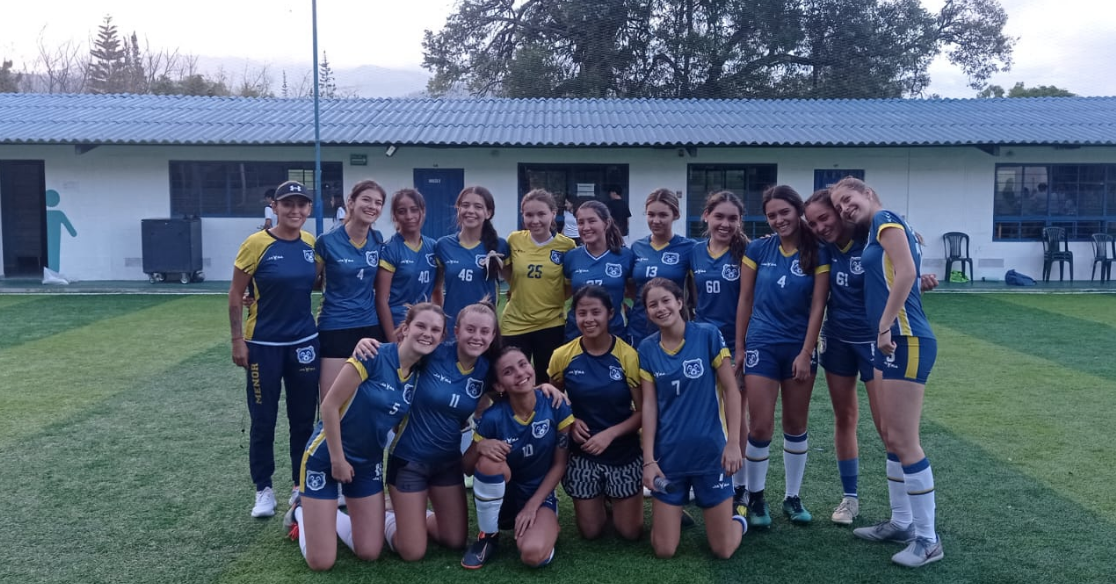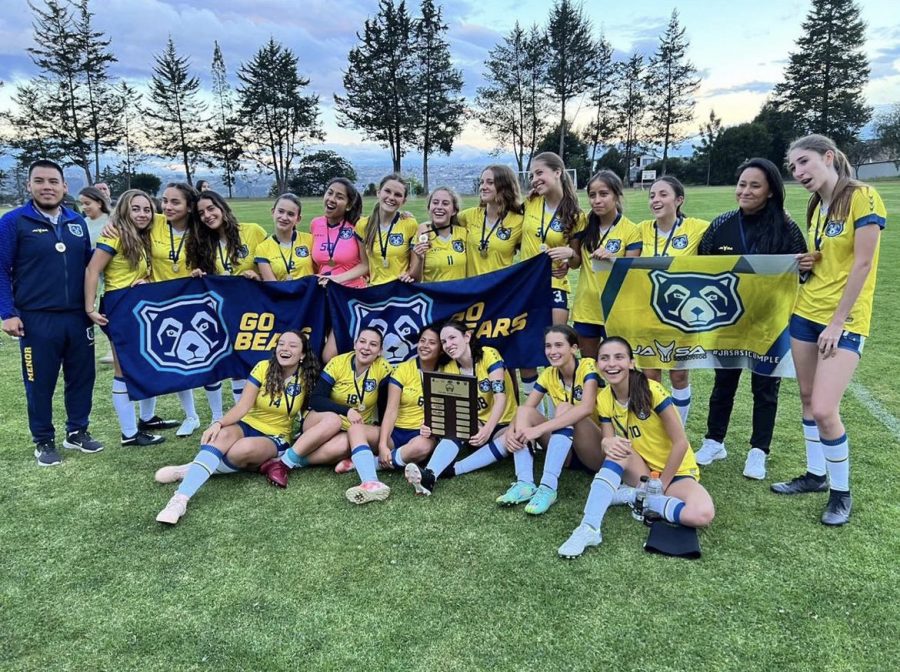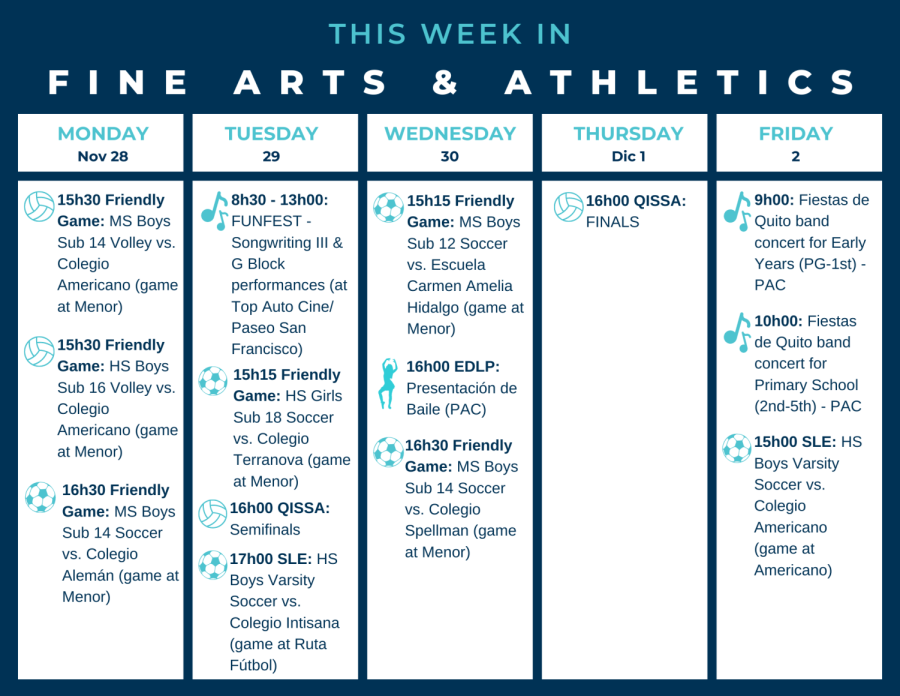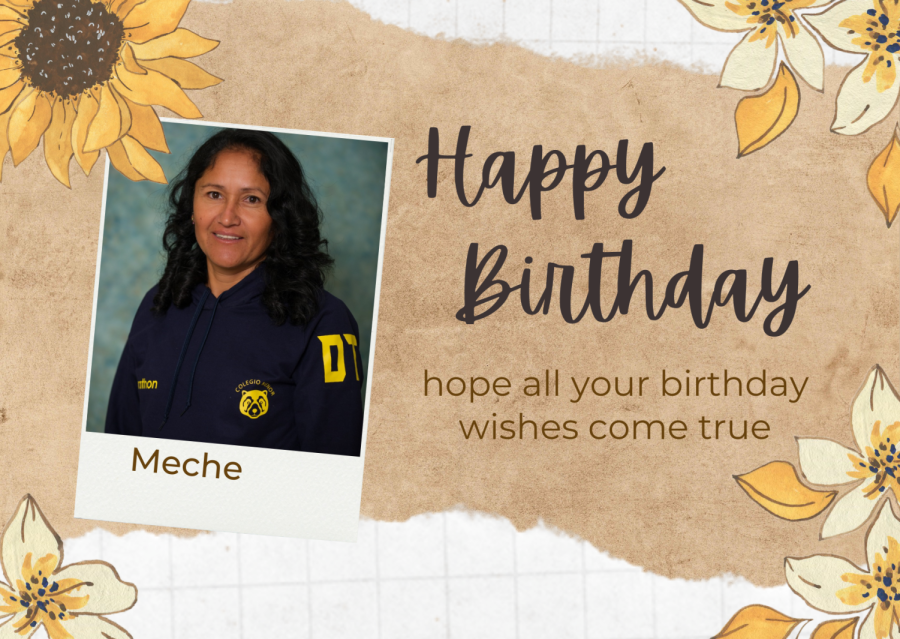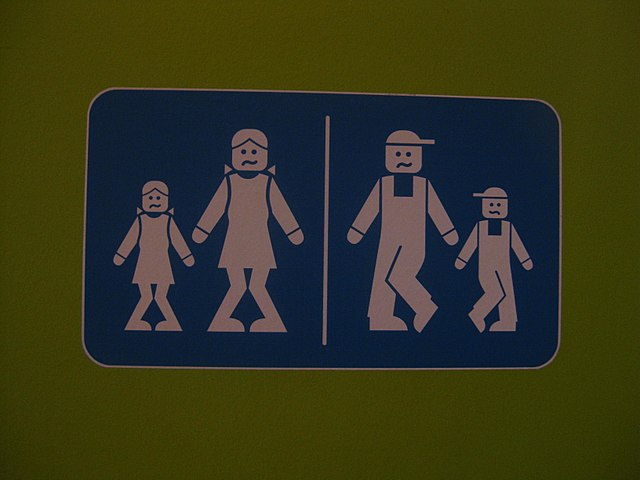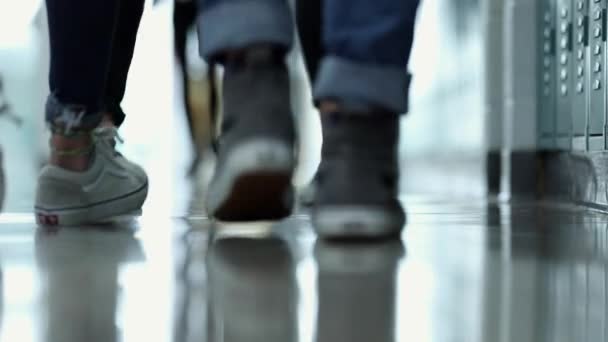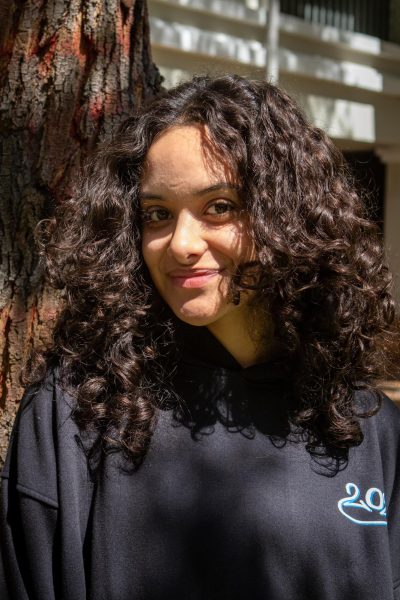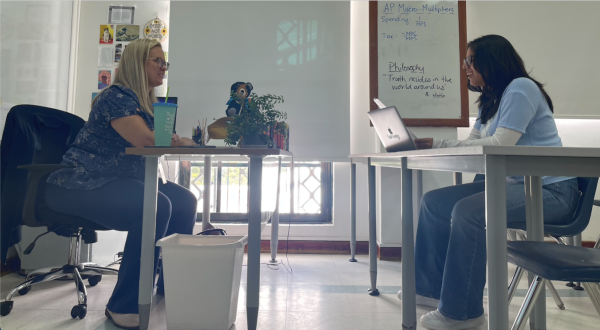
On Wednesday, November 29, the Community Time Conferences took place for parents and teachers to discuss students’ grades from partial 1 and the beginning of partial 2. The parent-advisor interviews were scheduled at times chosen by the parents in a link sent to their emails.
The primary purpose of these meetings is not only to inform parents about a student’s academic progress, but also to reinforce the relationship between school and home.
“These conferences are being held to strengthen the link we have between school and home,” expressed Ashley Hillier, a high school Advanced Program teacher, regarding the purpose of these conferences. “Parents are key figures in their children’s education, and the goal of these conferences is to involve parents more in their children’s education to achieve improved learning outcomes.”
For this intention to manifest, the student’s presence during this conference is crucial.
“In High School, the primary actor and driving force in a student’s education is the student,” Hillier said. “The student decides how to study, behave in class, and prioritize responsibilities.”
This responsibility given to students drives the improvement expected by advisors and teachers after these conferences.
“Having the student at the conference allows them to take ownership of their learning and actions and make necessary changes,” she added.
As for the expectations, these conferences have held for students’ behavior is more about student’s goals they want to achieve each partial.
“My anticipated outcome from these conferences is for students to address any low grades they may have and set goals for the remainder of the partial and the school year,” added Hillier. “I expect student behavior and student academic performance to improve as a result of the conferences.”
However, this year’s advisors aren’t the students’ teachers, limiting the discussion to be incomplete and leaving other aspects unseen by advisors for improving student behavior.
“In some cases, advisors are meeting with the parents of students who are not in their classes,” Hillier explained. “In this context, providing meaningful feedback to parents and students is challenging, and the conference becomes solely focused on the students’ grades rather than the complete picture.”
Furthermore, students have also found positive aspects linked to these conferences. A senior student, Maria Jose Arboleda, supported this by stating, “Sometimes these gatherings are necessary for the student’s well-being or development; in other cases, it’s a time for parents to become acquainted with the changes the new school year offers.”
Nonetheless, similar to Hillier’s perspective, Arboleda agreed that a student’s advisor should be someone they interact with more.
“It’s not fair or just to judge a student when the teacher doesn’t recognize the student outside 30 minutes once a week.” said Arboleda.” I support the conferences, but with someone the student feels comfortable with or at least has more interactions with.”
Arboleda not only commented on that, but also asserted that this event has had “more of an impact on my relationship with my advisor and my well-being.”
Her opinion is grounded in the idea that the meetings are focused on students and indicate the school’s concern for them.
As Arboleda mentioned, “The meetings, for me, signify that the school is looking out for the students.” Additionally, she expressed her belief that “if my grades were poor, or I had conduct issues, the meeting would be beneficial.”

